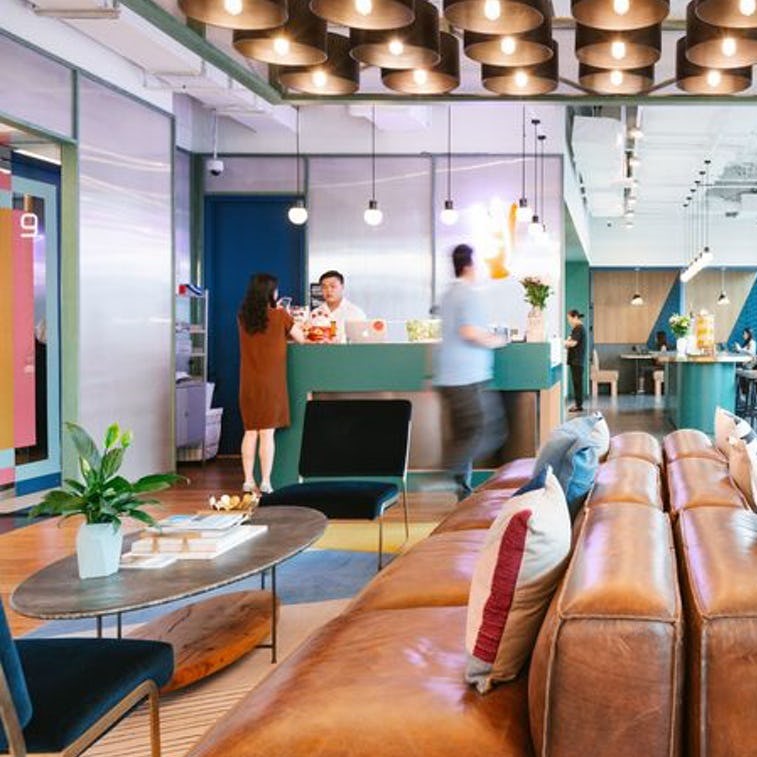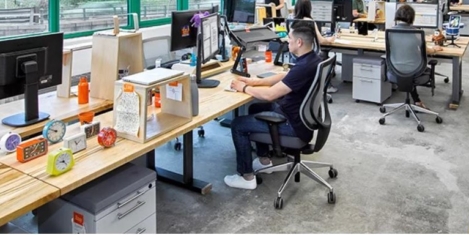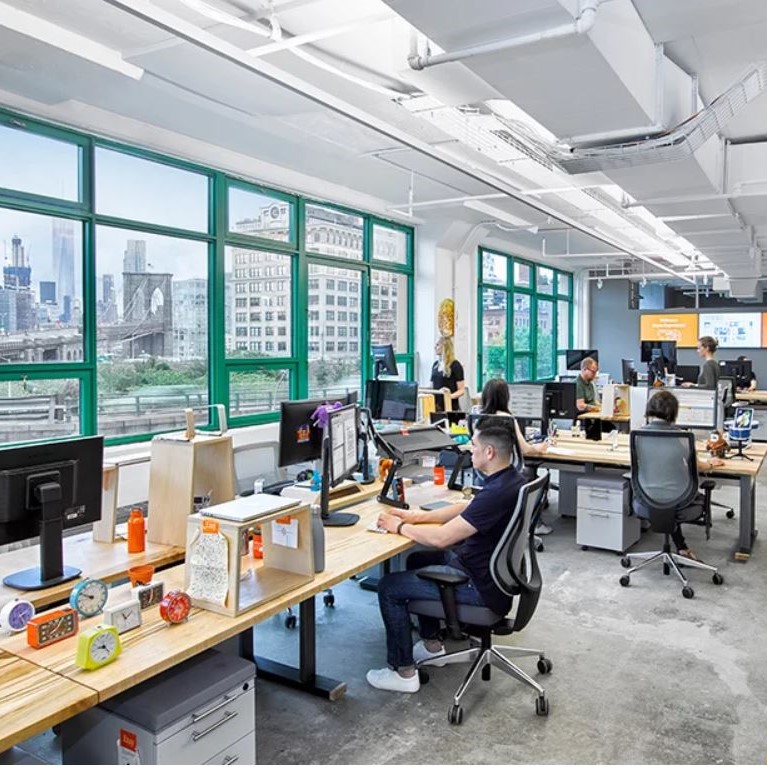October 29, 2019
Tenth of people have considered change of job because of its environmental impact
 A new survey commissioned by Perkbox Insights claims that 89 percent of adults experience ‘green guilt’ – a phenomenon stemming from the extensive environmental consequences of modern life, which brings moments when you know you could, and should, be doing more to help the planet. The study also suggests that this phenomenon strikes most commonly at work, as 61 percent of adults feel guilty for the environmental impact of the industry or job they work in. This isn’t just causing people to live with these feelings, it’s also making people rethink their careers and consider a change of job. The findings revealed that over 1 in 10 (12 percent) have considered changing their jobs due to the effects that their work has on the environment. More →
A new survey commissioned by Perkbox Insights claims that 89 percent of adults experience ‘green guilt’ – a phenomenon stemming from the extensive environmental consequences of modern life, which brings moments when you know you could, and should, be doing more to help the planet. The study also suggests that this phenomenon strikes most commonly at work, as 61 percent of adults feel guilty for the environmental impact of the industry or job they work in. This isn’t just causing people to live with these feelings, it’s also making people rethink their careers and consider a change of job. The findings revealed that over 1 in 10 (12 percent) have considered changing their jobs due to the effects that their work has on the environment. More →
































October 29, 2019
Workplace values matter more than career progression to young dads
by Han Son Lee • Comment, Flexible working, Wellbeing